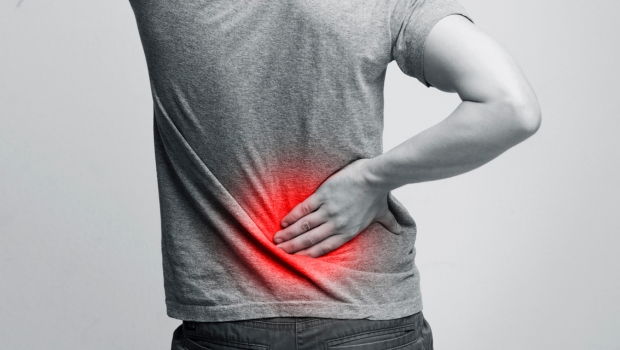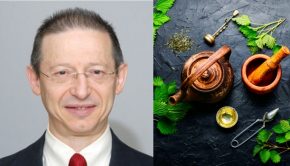Integration of Traditional Techniques with Modern Pain Management Strategies
Chronic pain is a pervasive issue impacting millions of people globally, significantly disrupting their lives. Traditional medicine alone may not offer the complete relief needed by those enduring chronic pain. In the realm of chronic pain treatment, emphasizing the pivotal role of pain management specialists in blending traditional techniques like herbal medicine and acupuncture with modern pain management strategies is important. The goal is to enhance the quality of life for those suffering from chronic pain by harmoniously integrating time-honored practices with contemporary approaches.
The Management of Chronic Pain
Managing chronic pain is a complex challenge requiring a combination of methods to address both symptoms and root causes. Focusing on seamlessly integrating traditional techniques with modern strategies like herbal medicine and acupuncture to address long-lasting pain arising from injuries, medical conditions or lifestyle factors impacts an individual’s physical and emotional well-being. The experience of chronic pain is highly subjective, and can vary from person to person. Several prevalent forms of chronic pain encompass:
Neuropathic Pain: Often caused by damage or dysfunction of the nervous system, neuropathic pain includes conditions like diabetic neuropathy and post-herpetic neuralgia.
Musculoskeletal Pain: Arthritis, fibromyalgia and myofascial pain syndrome are examples of musculoskeletal pain, affecting muscles, bones and connective tissues.
Inflammatory Pain: Chronic inflammatory pain, characterized by swelling and redness, arises from conditions like rheumatoid arthritis and inflammatory bowel disease.
Visceral Pain: Visceral pain, described as deep, squeezing, or pressure-like pain, originates from internal organs. Conditions such as irritable bowel syndrome (IBS) can cause visceral pain.
The Integration of Traditional Techniques and Modern Strategies: After examining the characteristics of traditional and modern pain management techniques, these are ways they can be effectively integrated to provide better relief for chronic pain sufferers.
Personalized Treatment Plans: Integrative healthcare begins with tailored plans, considering the patient’s condition, pain origin, medical history and preferences.
Herbal Medicine and Modern Medications: Herbal remedies can complement modern drugs, reducing inflammation and pain, potentially lowering opioid use.
Acupuncture and Physical Therapy: Combining acupuncture with physical therapy eases pain and muscle tension, enhancing exercise effectiveness.
Psychological Support and Mind-Body Techniques: Integrating mind-body practices with psychological support aids stress management and pain reduction.
Lifestyle Modifications and Herbal Medicine: Dietary changes coupled with herbal remedies offer anti-inflammatory benefits, fostering holistic pain management.
Integrating Traditional and Modern Expertise: Integrative healthcare leverages traditional and modern experts, fostering comprehensive treatment plans.
Reduced Side Effects: Integration of traditional techniques often reduces the need for high-dose medications, curbing side effects and dependency, especially for chronic pain management.
Managing chronic pain is complex, requiring a personalized and multifaceted approach. Integrating traditional techniques like herbal medicine and acupuncture with modern strategies enhances relief and quality of life. This holistic approach reduces medication dependency, lessening the impact of chronic pain on physical and emotional health.
Dr. Roman E. Finn is the owner of The Center for Integrative and Traditional Medicine, located at 22 Madison Ave., in Paramus. For appointments or more information, call 201-291-0401 or visit citm-drfinn.com.




























